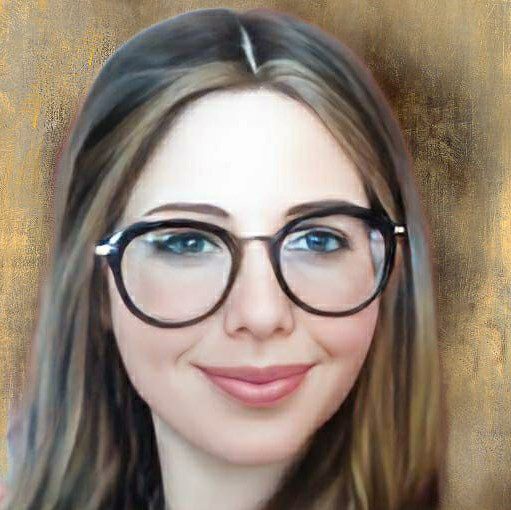What’s the real problem with Down syndrome?

“Guess who was the chazanit for today’s davening in front of the entire audience?” the Morah announced when I came to pick up my daughter Batsheva later that day.
Batsheva glowed with pride as she recounted her moment in the limelight. Standing on a stage in front of a hundred children, Batsheva Temima Pomerantz had belted out twenty minutes’ worth of davening, beginning with a beautiful tefillah customarily recited by children in Eretz Yisrael (“Omeid ani be’tefillah”), through Adon Olam, brachos, Shema, and several perakim of Tehillim.
This is all glorious, to be sure, and a Mama’s definitely entitled to be proud of her daughter’s magnificent performance. But let’s be real: nachas, alone, does not a blogpost make! 😉
So here’s the kicker: Batsheva has Down syndrome. All the other kids in the rest of the crowd do not. And it was Batsheva who was chosen to lead them.
If you read the two articles I wrote about Batsheva, which were published in Ami magazine when she was first born, and then two years later, you may know my thoughts on our little princess. My perspective has only deepened in the ensuing years and now that she’s six, I see how despite all the convictions and beliefs I’ve held through the years, I haven’t even scratched the surface of who Batsheva truly is and how much she teaches me on a daily basis. Seeing her up on that podium wasn’t just about shepping nachas. It was about the fulfilment of a long-held dream of mine that Batsheva be seen for the amazing, multi-faceted individual she is, instead of being pre-defined by the label she wears.
“I chose Batsheva because I needed a child with a good, strong voice who wouldn’t be afraid of performing in public and who knew the davening well enough to articulate it clearly and lead the rest of the kids,” explained Batsheva’s morah, very matter-of-factly. In short, Batsheva, fit the bill, and up she went!
Seeing Batsheva’s teacher tap her to lead her peers in the most natural, organic way, devoid of pity or PR motives, moved me to tears. It struck me as the ultimate manifestation of acceptance and inclusion. It touched my soul in ways I cannot even describe.
Which brings me something I share about quite often: I believe that the real problem with Down syndrome can actually be…people without Down syndrome.
Inevitably, when I make this wry statement in public, it evokes a gasp, a protracted silence, and then a chuckle. It sinks in.
Often, it’s our comparisons, our preconceived notions, our differentiations and our expectations that create an unfortunate divide, driving a narrative which could perhaps benefit from some honest examination and optimization.
As always, mind-shifts are not only possible, but they are even probable. I find that in order to open my mind and my heart, all I need to do is open my eyes. Like Batsheva’s morah.
Would you like to see a snippet of Batsheva’s performance? Click here! 💗💗


